The common definition of free will often has problems when relating to desire and power to choose. An alternative definition that ties free will to different outcomes for life despite one's past is supported by the probabilistic nature of quantum physics. This definition is compatible with the Many Worlds Interpretation of quantum physics, which refutes the conclusion that randomness does not imply free will, writes Tim Andersen.
Free will is one of those things where people tend to be very attached to its being true or false and yet most people implicitly treat it as true. Consider that we hold people accountable for their actions as if they decided to carry out those actions of their own free will. We reward people for their successes and discoveries likewise. If Albert Einstein didn’t really make his discoveries but it was, instead, inevitable that his brain would do so, does he really deserve his Nobel Prize?
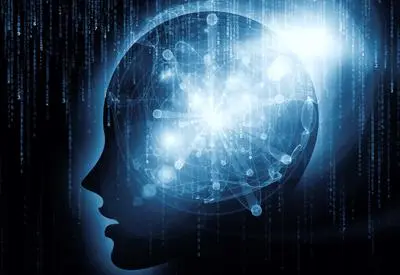 SUGGESTED READING
Quantum mechanics makes no sense without the mind
By Shan Gao
SUGGESTED READING
Quantum mechanics makes no sense without the mind
By Shan Gao
Some argue that we should accept that free will is a myth and change our society accordingly. Our justice system (especially in the United States) is heavily invested in the free will hypothesis. We punish people for crimes. We do no treat them like broken machines that need to be fixed. Other nations like Norway, however, take exactly this approach.
Many physicists believe that free will in incompatible with modern physics.
The argument goes like this:
(1) Classical (non-quantum) mechanics is deterministic. Given any initial conditions to a classical system, and the entire future and past state of the system can be determined. There is no free will in determinism.
(2) Quantum mechanics allows for randomness in the outcomes of experiments, but we have no control over those outcomes. There is no free will in randomness.
(3) Human will is a product of the brain which is a physical object. All physical objects are subject to physics and the sum total of physics is contained in classical and quantum mechanics (technically, classical is an approximation of quantum).
Ergo, humans have no free will. Our brains are simply carrying out a program that, while appearing to be making free choices, is in fact just a very complex algorithm.
___
As Schopenhauer said, ‘Man can will what he wants but cannot will what he wills.’
___
The logic seems sound and in any philosophical discourse we need to look at the logic and decide (whether freely or not). There are quite a few ways to counter this argument. The first is to object to #3. This is the approach many religions take. Human will is not necessarily reducible to physical causation. Therefore, it is beyond physical law. The brain simply interacts with the will and carries out its commands.
Another is to question the reductionist assumption of the conclusion, i.e., that everything is reducible to the properties of its constituent parts, no matter how complex. If the individual parts are deterministic, so must the whole. Science has not proven that yet. Perhaps if we could model a human brain in a computer in its entirety, we might know better.







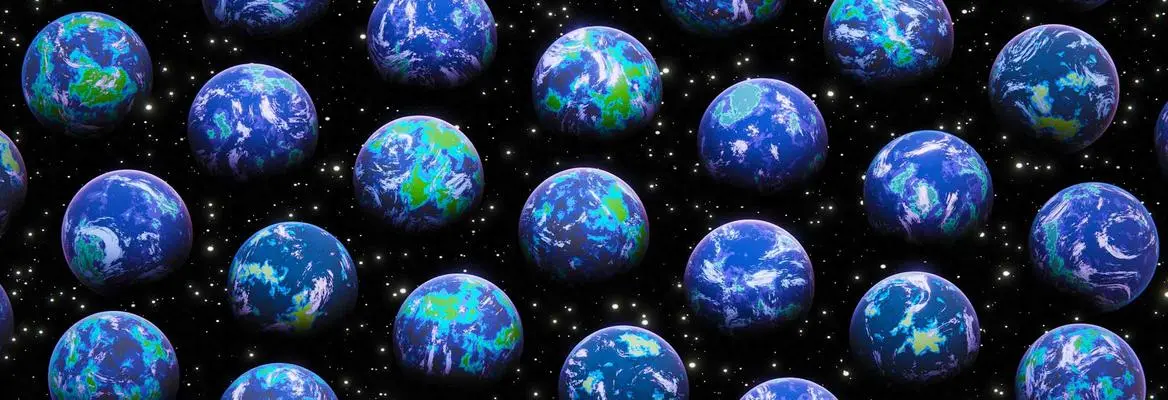

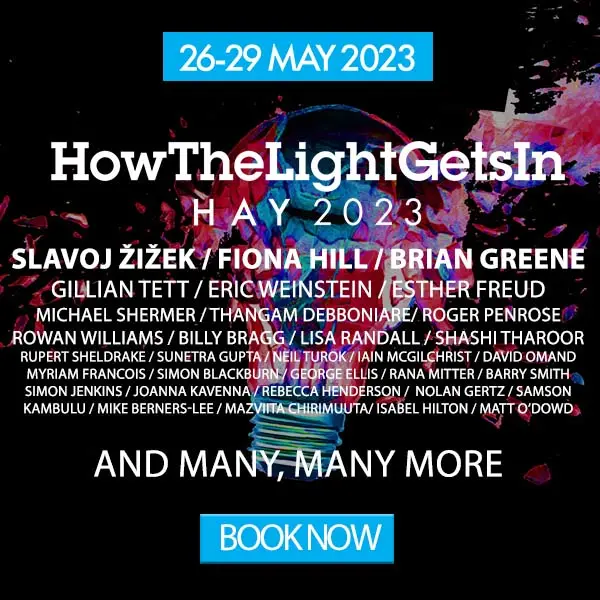

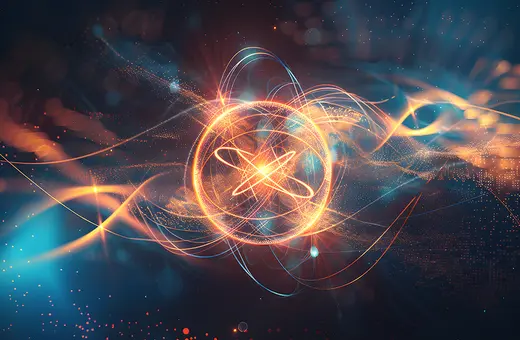

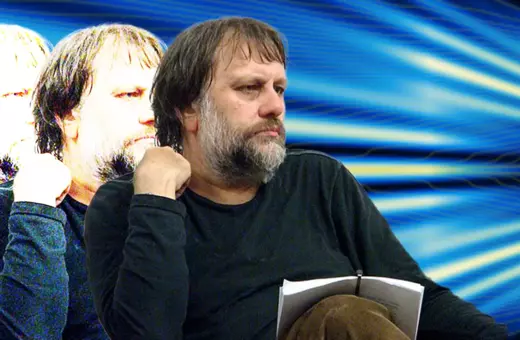
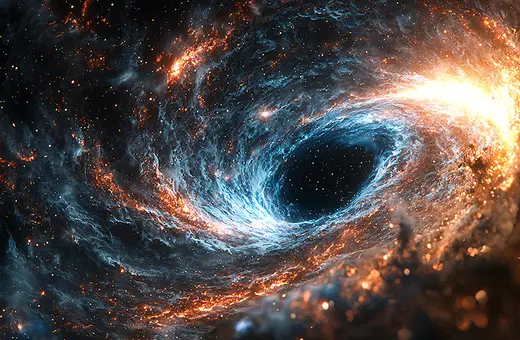
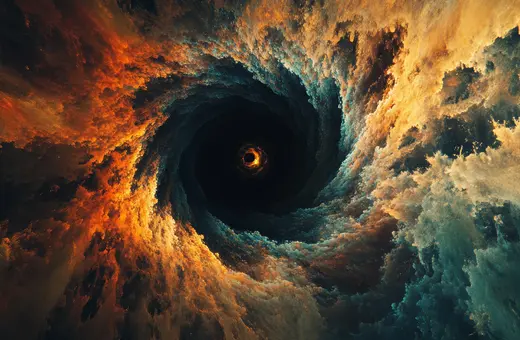
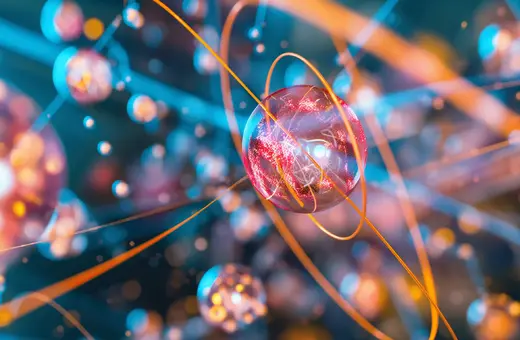





Join the conversation